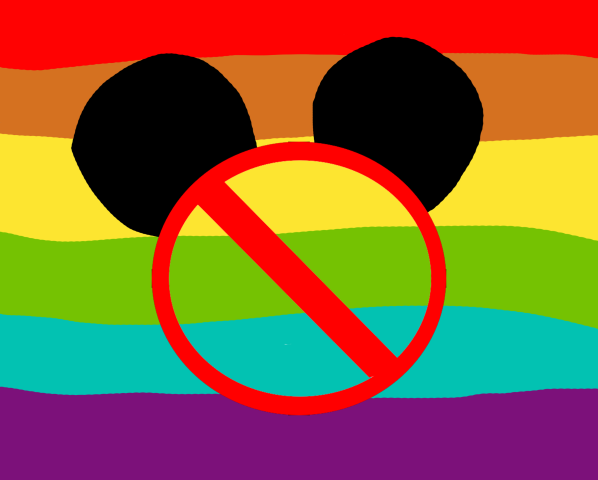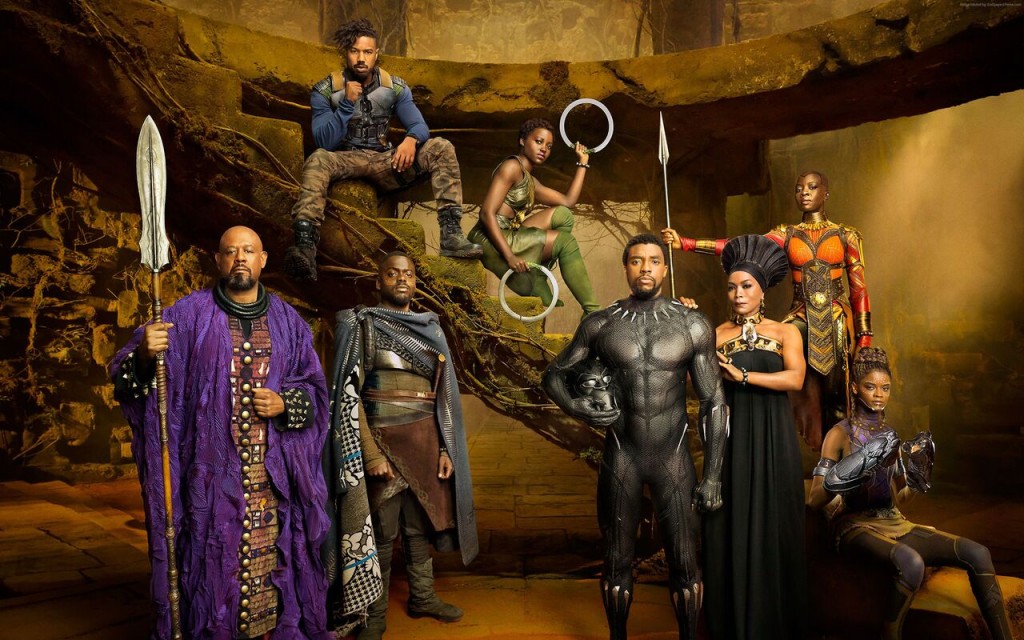
Looking for progressive representation, don’t look to the house of mouse
By Craig Allan, Staff Writer
This month, the Walt Disney Company has found itself in trouble in various fields of representation. The first comes in their new movie Onward which features the Disney/Pixar collaborators’ first openly gay character, and the second comes in their live action remake of Mulan in which they have recontextualized a character from the animated film due to a feeling that the character was not appropriate in the #MeToo era. Both these moves were meant to show that Disney is embracing the western world’s move towards tolerance and sensitivity to social issues but come off as a hollow way for them to show that tolerance but not upset their multinational endeavours.
The first comes with Onward. In the film, two characters are stopped on a road by a police officer. To ward off the police who stand to ruin the quest of the two leads, elf’s Ian and Barley use an imitation spell to disguise themselves as their centaur step-father Colt Bronco to trick the officers. When the officers become wise to them, they come up with a story that Bronco is scared in feeling that he may not be a good enough step father for Ian and Barley, to which one of the female officers, Specter, says “It’s not easy being a new parent– my girlfriend’s daughter got me pulling my hair out.”
This is not the first time that Disney has had a gay character in one of their movies, as back in 2017’s live action remake of Beauty and the Beast, the character of Le Fou was portrayed as homosexual by actor Josh Gad, including overtly fawning for Gaston, and dancing with an effeminate man at the end of the movie. The problem is not with Disney having gay characters in their movies, but the amount of time and detail these characters have on screen. Much like in Beauty and the Beast, Onward’s gay character is so minimal that the lines or actions of the character can be removed from the production for any market so as not to upset less-tolerant nations and avoid full-on bans. Case in point, Onward, has been banned in four Middle Eastern countries, and in Russia the line was altered to take out the word “girlfriend” and replace it with “partner”. Their fear of upsetting the international market may not be the only reason for the masking of gay characters in their productions, as they have also recently announced that their television adaptation of the movie Love, Simon, called Love, Victor which centered on a gay teenager has been moved from their family friendly Disney+ service to Hulu where edgier fare resides.
While their unfavourable use of gay characters is bad, their removal of a character from the upcoming Mulan movie is worse for a different reason. The 1998 animated version of the movie contained a character named Li Shang who was Mulan’s commanding officer. When it is revealed that Mulan’s is a woman fighting under the pseudonym of Ping, Shang does not treat Mulan any differently, and respects her as a warrior. In the 2020 live action version, the character has been split into two separate characters. When asked why, producer Jason Reed said “Particularly in the time of the #MeToo movement, having a commanding officer that is also the sexual love interest was very uncomfortable and we didn’t think it was appropriate.” The move has led to a social media backlash, with many pointing out that Shang is a good role model for a male-female dynamic in a movie, and that it seems counter-intuitive to say that a strong female character can’t also have love, even if the character of affection is above her in status.
Many out there may desire Disney and other major studios to include more representation for people of different sexual orientations, but with so much money being put into these productions, studios are likely less willing to take a chance on gay characters, or controversial character portrayals triggering audience members. If audiences today are looking for representation, the monolithic productions of Disney Corporation should not be where one looks first. They are best to try smaller, more independent productions that are going to be less dependent on the world market to make a profit.
A Douglas Perspective
Banita Sangha, a second-year business student agrees with this sentiment, saying “We shouldn’t look [to] movies” for acceptable forms of tolerance, and that we should focus on more “real life examples” such as documentaries.”
